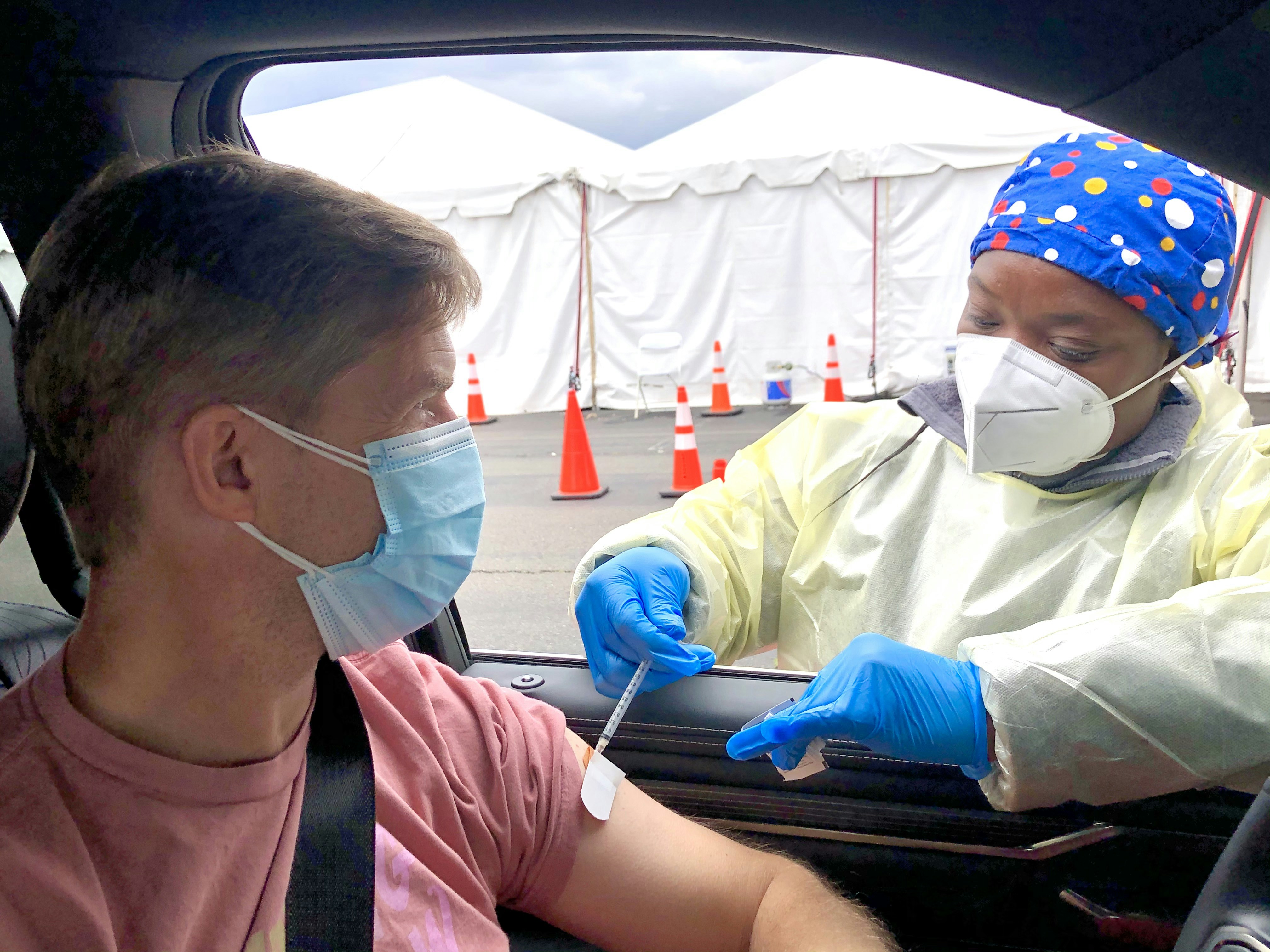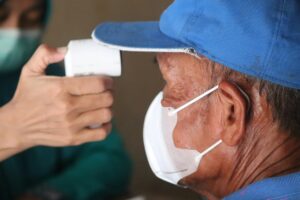Introduction to Travel Healthcare Roles

Travel Certified Nursing Assistants (CNAs) and healthcare workers play a crucial role in providing support and care across various locations. This role not only offers a chance to explore new places but also allows professionals to gain diverse experiences in different healthcare settings.
What to Do as a Travel CNA
First and foremost, the key to success is preparation. Before embarking on your travel assignment, ensure that all your credentials are up-to-date and readily available. Familiarize yourself with the facility’s specific protocols and cultures, as each place may have different expectations and practices. Communicating effectively with the staff will also enhance collaboration and patient care, making your transition smoother.
Additionally, staying organized is vital. Keep a detailed record of your assignments, and always plan your travel arrangements well in advance. Establishing relationships with fellow healthcare professionals can provide support and enrichment during your travels.
What Not to Do as a Travel CNA
While the role of a travel CNA can be immensely rewarding, there are certain pitfalls to avoid. Do not disregard the importance of local regulations and guidelines; each state or facility may have different rules that must be strictly followed. It’s essential to respect the established protocols.
Furthermore, avoid isolating yourself. Engaging with coworkers and the local community not only enhances your experience but can also provide valuable networking opportunities. Lastly, be cautious about overloading yourself with responsibilities. Balance is crucial in maintaining your well-being, ensuring that you provide the best care possible.
In conclusion, being a travel CNA or healthcare worker comes with unique challenges and opportunities. By following these essential dos and don’ts, you will not only enrich your career experience but also provide the best quality care to your patients along the way.
Dress code and hygiene
Before you get ready for work, keep in mind that coworkers and residents notice more than you think.
Good personal hygiene and a clean appearance go a long way. Make sure you’re well-groomed and dressed in neat, professional scrubs—aim for at least five sets so you have enough to rotate through the week. Mix and match if you’d like, just keep it tidy. A touch of cologne or perfume is fine, but use it sparingly out of respect for those who may be sensitive to strong scents.
By: Prince Weedor





Leave a Reply